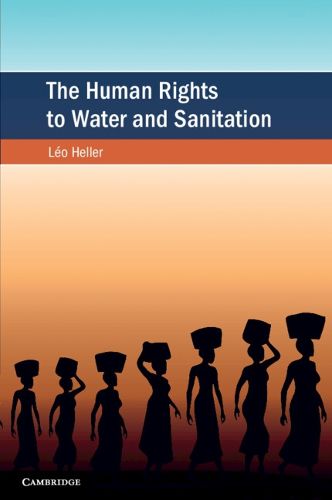Readings Newsletter
Become a Readings Member to make your shopping experience even easier.
Sign in or sign up for free!
You’re not far away from qualifying for FREE standard shipping within Australia
You’ve qualified for FREE standard shipping within Australia
The cart is loading…






This analysis of the human rights to safe drinking water and sanitation (HRtWS) uncovers why some groups around the world are still excluded from these rights. Leo Heller, former United Nations Special Rapporteur on the human rights to water and sanitation, draws on his own research in nine countries and reviews the theoretical, legal, and political issues involved. The first part presents the origins of the HRtWS, their legal and normative meanings and the debates surrounding them. Part II discusses the drivers, mainly external to the water and sanitation sector, that shape public policies and explain why individuals and groups are included in or excluded from access to services. In Part III, public policies guided by the realization of HRtWS are addressed. Part IV highlights populations and spheres of living that have been particularly neglected in efforts to promote access to services.
$9.00 standard shipping within Australia
FREE standard shipping within Australia for orders over $100.00
Express & International shipping calculated at checkout
This analysis of the human rights to safe drinking water and sanitation (HRtWS) uncovers why some groups around the world are still excluded from these rights. Leo Heller, former United Nations Special Rapporteur on the human rights to water and sanitation, draws on his own research in nine countries and reviews the theoretical, legal, and political issues involved. The first part presents the origins of the HRtWS, their legal and normative meanings and the debates surrounding them. Part II discusses the drivers, mainly external to the water and sanitation sector, that shape public policies and explain why individuals and groups are included in or excluded from access to services. In Part III, public policies guided by the realization of HRtWS are addressed. Part IV highlights populations and spheres of living that have been particularly neglected in efforts to promote access to services.